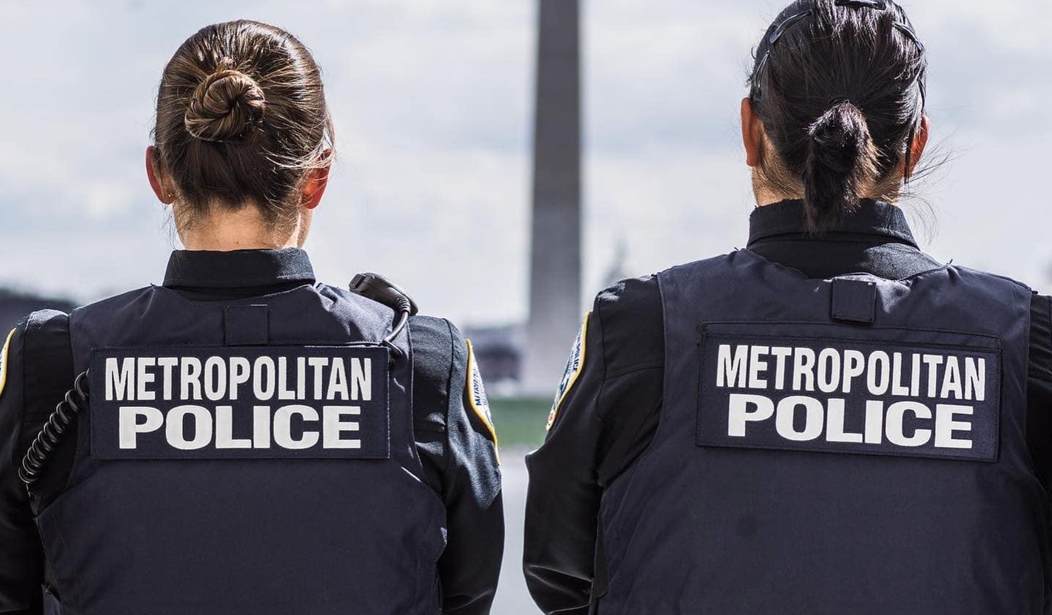For too long, sworn law enforcement officers in the United States have been fighting the opioid crisis with one hand tied behind their back. The result of several misguided criminal justice reform efforts over the better part of a decade that culminated with the implementation of President Obama’s 2010 National Drug Control Strategy, the catalysts for the drug problems facing America today are starting to pay tragic dividends.
As a result of such lax penalties for drug crimes, in 2021 – the last calendar year for which full data is available – more than 107,000 Americans succumbed to overdose deaths. This grim milestone set a new record for overdose deaths in a calendar year in the United States and represents a concerning new peak in the opioid crisis. It is time to take action to right the ship.
The United States is now on its third and deadliest wave of the opioid crisis. What started as an issue of over prescription and medication abuse in the 1990s and early 2000s, peaking with more than 255 million prescriptions in 2012, has morphed into an illicit drug abuse issue as the awareness of over prescription dangers became better known and pill mills were shut down.
By 2017, a new and more potent drug known as fentanyl – which is 50 times more potent than heroin – had emerged on the streets and Americans stated dying of overdoses in droves. But despite a drastic drop off in the number of opioid prescriptions dispensed in the United States, new policies under the Biden Administration that have facilitated illegal immigration and drug trafficking at the southern border have added a new and concerning dimension to the war on drugs.
In 2022, Mexican drug cartels attempted to smuggle in 50.6 million fentanyl-laced fake prescription pills and more than 10,000 pounds of fentanyl powder to the United States. But this was merely what was intercepted by federal agents. Gven that only 10% of contraband that crosses the border is seized on average, it speaks volumes as to how many drugs are flooding our streets.
Recommended
Solving the crisis will not be easy, but it possible. Changing many of the so-called criminal justice reforms outlined in the 2010 National Drug Control Strategy would be a good start. Ending cash bail as well as reducing convictions and reinstating more stringent criminal sentencing guidelines will be critical to end the ongoing revolving door of drug dealers between prison and the streets. It is this failed strategy that has given birth to the war on police and the surging crime in inner cities that has weakened law enforcement efforts to take these dangerous drugs out of our communities.
Increased funding for state and local law enforcement drug interdiction efforts will also help end this opioid crisis. Fortunately, it appears that such resources are on the way. Last year, the majority of states across the country entered into a massive $26 billion settlement with manufacturers and distributers of prescription opioids. This money will go a long way in helping law enforcement, hospitals, and other first responders in their fight to combat illegal opioids.
The money has now stated flowing into communities across the country to fund innovative pilot programs such as a new competitive application program in Wisconsin where funds have been set aside to support community drug disposal programs, programs that keep people with an opioid use disorder out of jail, medication-assisted treatment education, and awareness training, and treatment of jail residents with an opioid use disorder. Other states, such as earmarked a set percentage of the funds to go directly to local law enforcement. In Louisiana, for example, 20% of the $325 million in settlement funds it is receiving or $65 million in total, will flow directly to sheriffs to help bolster efforts to end the opioid crisis in that state.
Two states, Oklahoma and Washington, did not sign on to a key part of the settlement, holding out in hopes of a bigger payday. Unfortunately, Oklahoma has since lost its case and will be excluded from receiving any of this settlement funding. Washington State though, even in light of this recent legal development, inexplicably continues to press on with a similar litigation strategy. Doing so jeopardizes access to these much-needed funds and which would come to the detriment of its law enforcement and first responders.
Ending the current opioid crisis in the United States will require an effort from many different parts of government and society, but law enforcement will be a key part of that equation. Ensuring they have the resources they need and laws behind them to be able to do their part will be a strong start.

























Join the conversation as a VIP Member